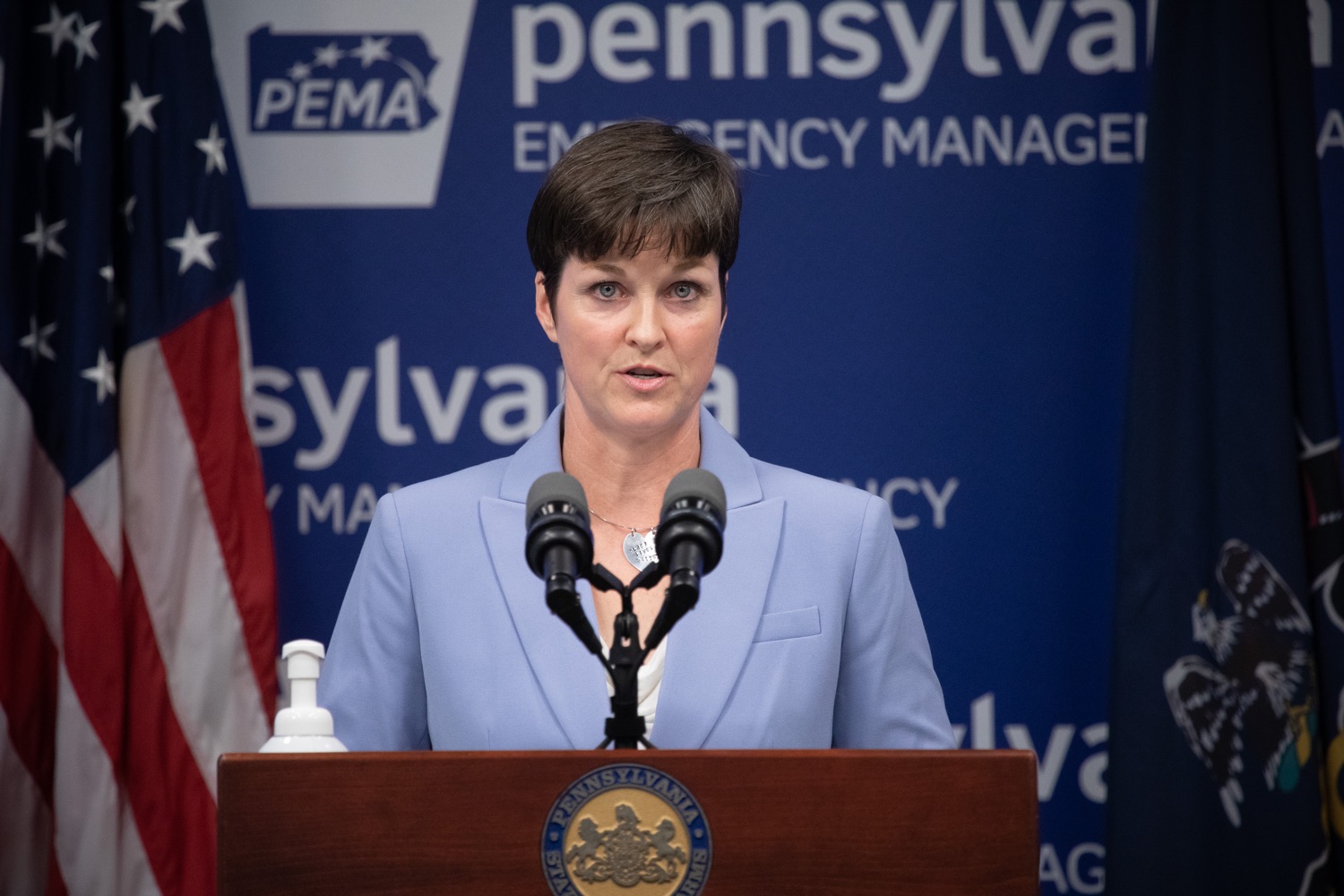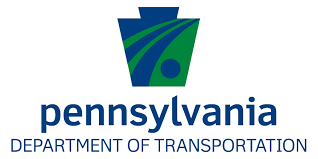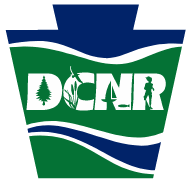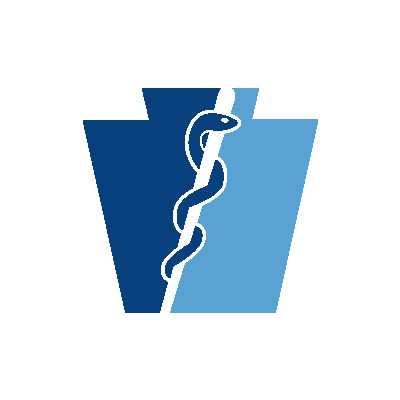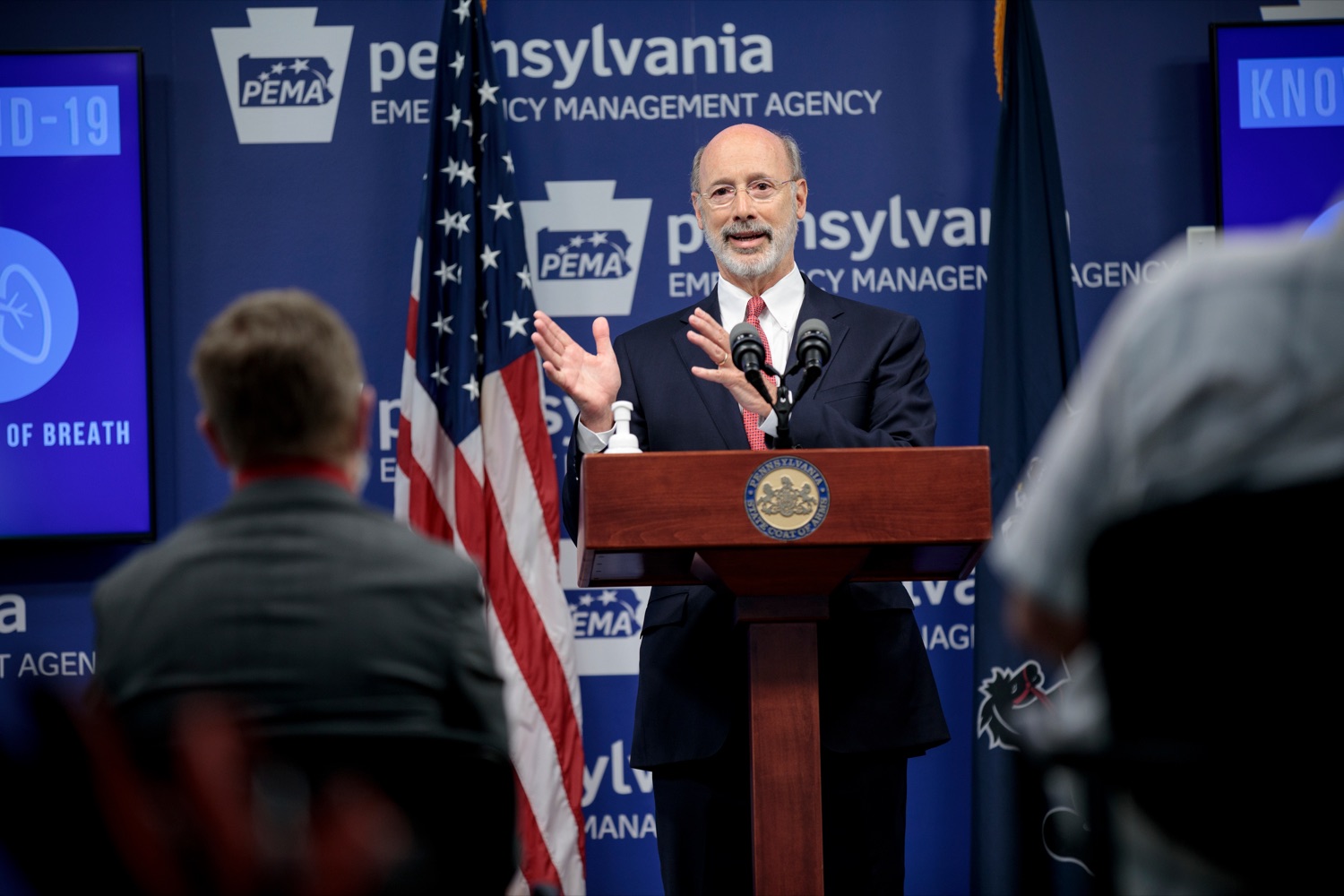A state grant program that helps companies increase export sales is funding new activities because of COVID-19 travel difficulties.
The Global Access Program (GAP) is now providing grants for e-commerce, digital marketing, marketing media design, and certain certifications.
SEDA-Council of Governments’ (SEDA-COG) Export Development program assists businesses with application development, submittal, reporting, and reimbursement, among other assistance.
Since the program began eight years ago, SEDA-COG has helped 63 companies to be awarded 103 grants totaling $371,525.
Noelle Long, director of SEDA-COG’s Export program, encouraged small- to mid-sized companies to apply for these funds.
“Businesses are having to adapt to the rapidly changing environment with the pandemic, and the GAP grant program has also adjusted to suit their needs since digital marketing is more important than ever. SEDA-COG is committed to continuing to empower businesses through this crisis and connect them with as many opportunities as possible,” Long said.
The reimbursable grants can be awarded up to $5,000. SEDA-COG’s GAP funds are available through next September.
Specifically, the grant now can be used for:
- E-commerce and digital marketing
-
- Design and development of website, with an international focus
- Oversight and maintenance and monitoring fees for search engine optimization
- Online market listing fees
- E-commerce platform fees, including hosting and/or maintenance fees
- Expenses to set up websites to accept international payments
- Payments for Design of Marketing Media
- Design of company digital international marketing, including social media and digital ads
- Translation of marketing media, including audio and video
- Google Analytics
- Certifications: CE, CEE, GDPR, UL Canada, ATEX Testing/Certification, Japan Haz/Loc Certification, IECex Testing/Certification
The program continues to offer grants for the following activities:
- Overseas trade mission participation (in person and virtual)
- Overseas trade show exhibition (in person and virtual)
- Domestic trade show exhibition (in person and virtual)
- Foreign market sales trip
- Subscription to U.S. Department of Commerce services
- Compliance testing
- Federal services that directly support exporting
GAP is administered by the Pennsylvania Office of International Business Development (OIBD). The program is funded in part through a grant with the U.S. Small Business Administration (SBA). For more information, visit https://dced.pa.gov/programs/global-access-program-gap/.
SEDA-COG’s Export Development team serves the businesses and communities of central Pennsylvania by encouraging and facilitating economic development through growth in world trade. It is funded by the state Department of Community & Economic Development’s Office of International Business Development and Partnerships for Regional Economic Performance.
For more information about SEDA-COG’s Export Development Program, contact Noelle Long at export@seda-cog.org or 570-524-4491.

